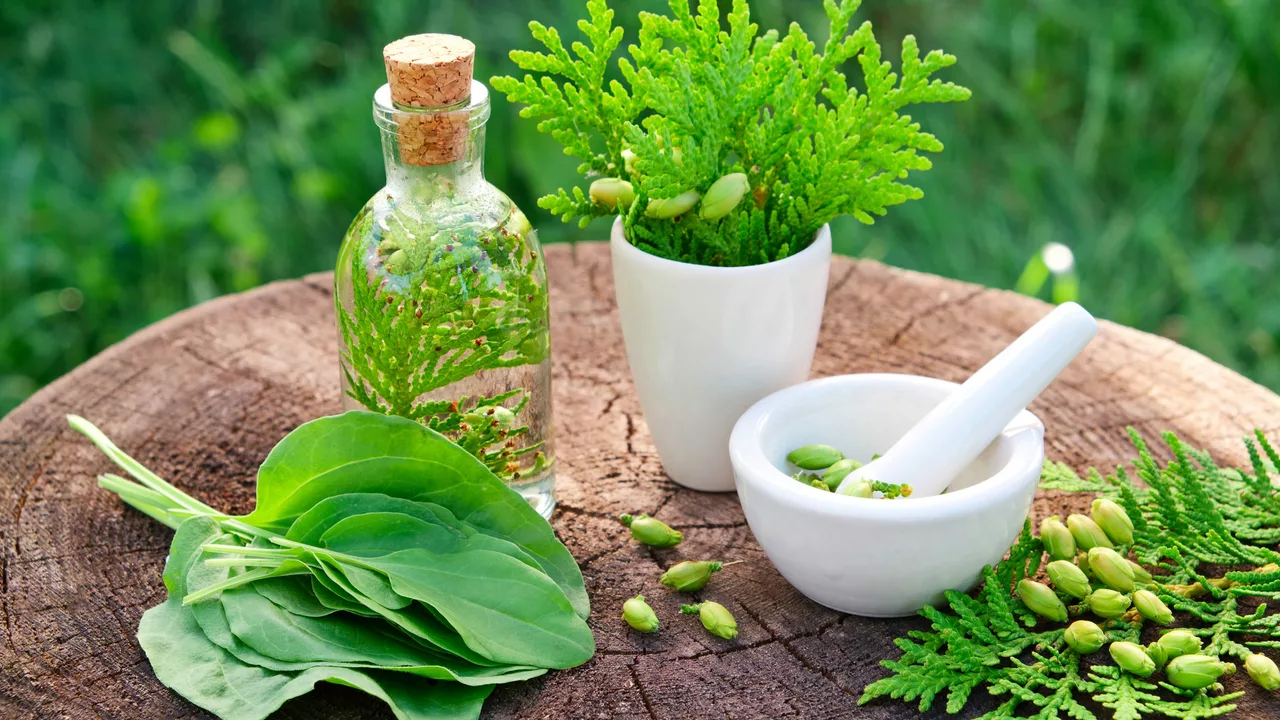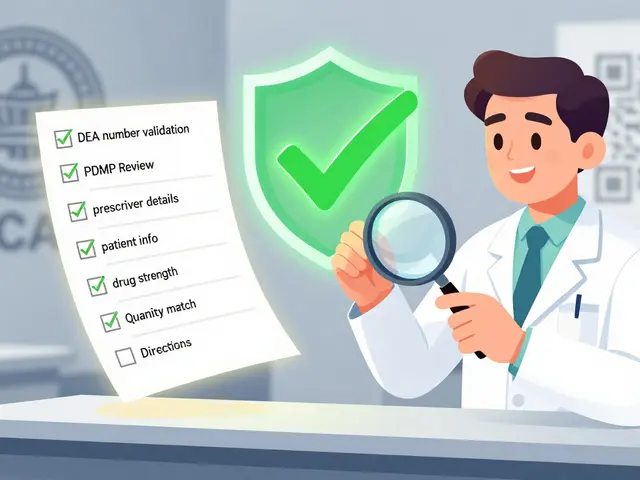Natural Remedies: Safe, Practical Options You Can Try Today
Natural remedies can help with everyday aches, skin flare-ups, mild anxiety, and support long-term health without always reaching for a prescription. But "natural" doesn't mean harmless. Use common sense, check interactions, and choose quality products.
Quick safety rules
First, tell your doctor about any herbs or supplements before you start them, especially if you take prescription drugs. Second, buy from trusted brands - look for third-party testing or clear ingredient lists. Third, start low and watch for side effects for two weeks before deciding if something helps. Fourth, pay attention to pregnancy, breastfeeding, and age warnings. If you have a chronic condition, don't replace prescribed treatments without your clinician's OK.
Here are practical ways people use natural remedies right now. For mild coughs and sore throats, local honey can soothe symptoms and is easy to try. For occasional nausea, ginger in tea or candy often works quickly. Peppermint helps indigestion and bloating for many adults, but avoid it if you have severe reflux. For sleep support, low-dose melatonin or magnesium can help short term, while calming herbs like valerian may suit some people.
Supplements like hawthorn and goji show up a lot online. Hawthorn has some evidence for helping mild heart-related symptoms like fatigue from poor circulation; it's not a substitute for heart meds. Goji berries add antioxidants and a nutrient boost, but don't treat them as medicine. For joint comfort, sarsaparilla and other herbal blends may reduce discomfort for some people, but expect modest benefits and watch liver-friendly dosing.
How we treat natural remedies on this site
On TheOnlineDrugstore.com we focus on clear, practical info. Our posts compare natural options with prescription treatments when relevant - for example, steroid-sparing choices for dermatitis or non-steroidal alternatives for bladder pain. We also review supplements, share safety tips for buying online, and explain when to see a clinician. If a remedy could interact with drugs or harm a vulnerable group, we say so plainly.
Shopping tips: avoid vague claims like "cures everything," check customer reviews that include photos, and prefer vendors who disclose testing and country of manufacture. If you're buying a product tied to a medication topic (like herbal heart supplements), cross-check with recent studies or a pharmacist.
If you want quick reading, browse articles on hawthorn, agrimony, sarsaparilla, or our pieces about alternatives to prednisone and topical steroids. Each post links to studies, dosing ranges, and safety flags so you can make a smart choice. Use natural remedies as tools - small, add-on strategies that can help when used carefully and honestly.
Try a simple 4-week test plan: pick one change at a time, track symptoms, dose, and any side effects in a notebook or phone. If you see clear benefit by week four, keep it and review every three months. If no benefit or you notice problems, stop and talk to your clinician. For interactions, a pharmacist can run a quick check. Small changes plus good tracking beat guessing. Start safely, stay curious.





